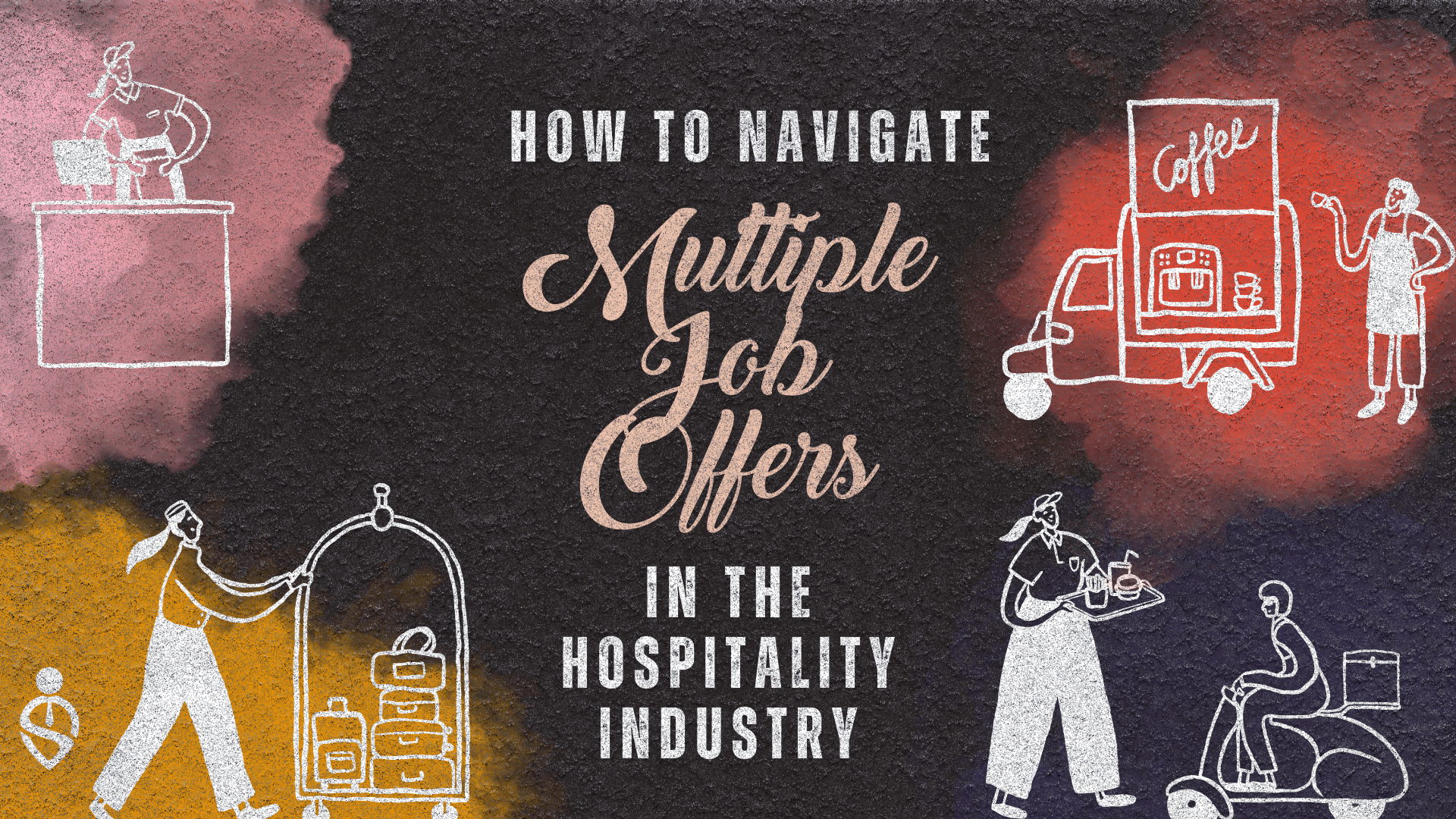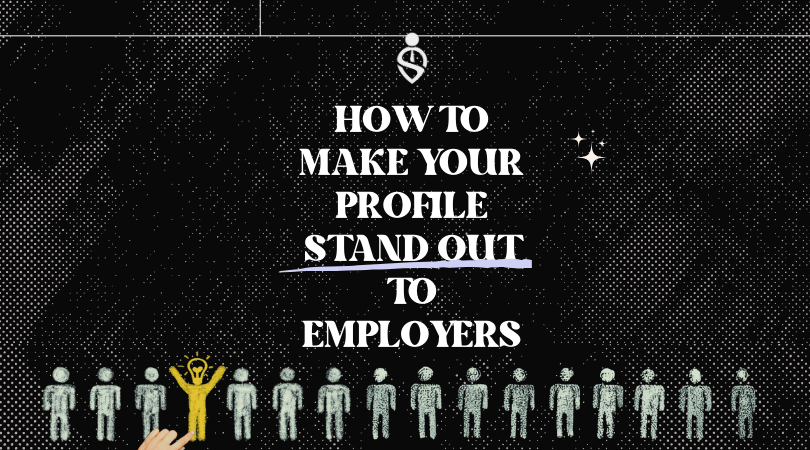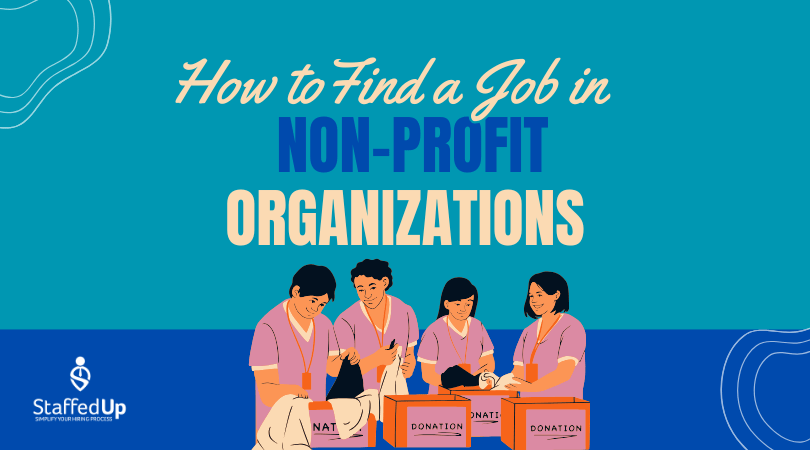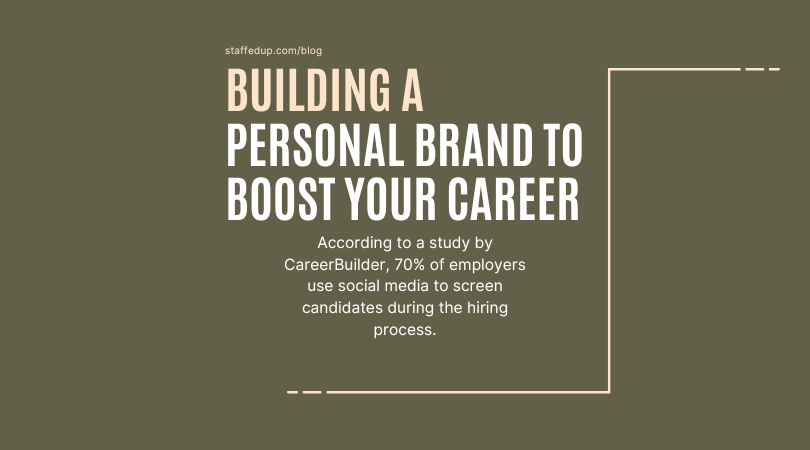Applying for multiple jobs can significantly increase your chances of finding the perfect job for you. By casting a wider net and exploring multiple opportunities, you expose yourself to a variety of industries, roles, and companies. This allows you to not only expand your options but also gain a deeper understanding of what you truly want in a job. You may discover new interests and passions along the way, which can lead to unexpected career paths and opportunities.
In addition, applying for multiple jobs helps you build valuable skills and experience. Each application requires you to tailor your resume and cover letter to match the specific job requirements, which enhances your ability to articulate your qualifications and strengths. Furthermore, going through multiple application processes and interviews hones your interview skills and boosts your confidence. This can be particularly beneficial if you are a recent graduate or transitioning to a new field.
Strategies for Efficiently Juggling Multiple Job Applications
When it comes to juggling multiple job applications, organization is key. Start by creating a spreadsheet or document to keep track of the jobs you have applied to, including the company name, position, application deadline, and any important notes or follow-ups. This will help you stay organized and ensure you don’t miss any deadlines.
Another strategy is to prioritize your applications based on your level of interest and fit for the role. Focus on the jobs that align with your career goals and have the highest potential for success. However, it’s also important to maintain a balance and not limit yourself to only a few options. Keep exploring new opportunities and casting your net wider.
Consider creating a template for your cover letter and resume to save time and effort. Customize each template for the specific job, but having a base template can help streamline the application process. Finally, make use of online job platforms and tools that allow you to apply to multiple jobs simultaneously, further maximizing your efficiency.
How to Stay Organized and Keep Track of Your Applications
Keeping track of your job applications is crucial to ensure you stay on top of the process and don’t miss any opportunities. As mentioned earlier, creating a spreadsheet or document to track your applications is an effective method. Include columns for the company name, position, application deadline, and any important notes or follow-ups.
Additionally, consider setting reminders or alerts for important deadlines or follow-up actions. This will help you stay organized and prevent any missed opportunities. Furthermore, it’s important to regularly update your application status in your tracking document. This will give you a clear overview of your progress and allow you to better prioritize your efforts.
Finally, don’t forget to save copies of your application materials, such as your resume and cover letter. Having these documents readily available will make it easier for you to reference them during interviews or when following up with employers.
Managing Interview Requests and Scheduling
As you apply to multiple jobs, it’s inevitable that you will receive interview requests from different companies. This can be a challenging aspect of juggling multiple job applications, but with proper planning and communication, you can navigate it successfully.
Be proactive in responding to interview requests. Promptly reply to emails or phone calls and express your interest in the opportunity. Be flexible with your availability and suggest alternative times if necessary. This will demonstrate your enthusiasm and professionalism to the hiring managers.
To manage interview scheduling effectively, consider using a calendar or scheduling tool. Block off time slots when you are available for interviews and use the tool to share your availability with the employers. This makes it easier for both parties to find a mutually convenient time. Additionally, keep track of your scheduled interviews in your application tracking document to avoid any conflicts or double bookings.
If you have multiple interviews scheduled closely together, make sure to allocate enough time for preparation. Research each company, review the job description, and practice common interview questions. Being well-prepared will increase your chances of success and help you make a positive impression during the interviews.
Tips for Prioritizing and Making Informed Decisions
When faced with multiple job offers or advancing through various stages of the application process, it’s important to prioritize and make informed decisions.
Start by evaluating each opportunity based on your career goals, values, and personal preferences. Consider factors such as the company culture, growth potential, work-life balance, and compensation package. Reflect on what matters most to you and what aligns with your long-term aspirations.
Seek feedback from professionals or mentors in your field. They can provide valuable insights and guidance based on their own experiences. Don’t hesitate to ask questions and gather as much information as possible to make an informed decision.
Finally, trust your instincts and listen to your gut feeling. Sometimes, despite all the analysis and advice, you may have a strong intuition about a particular job or company. Take that into consideration and make the choice that feels right for you.
Conclusion
Applying for multiple jobs can greatly increase your chances of finding the perfect job for you. Not only does it expose you to a wider range of opportunities, but it also helps you gain valuable skills and experience throughout the application process. By diligently managing multiple job applications, staying organized, and making informed decisions, you can increase your chances of finding the perfect job and propel your career forward. Good luck with your job search!






























